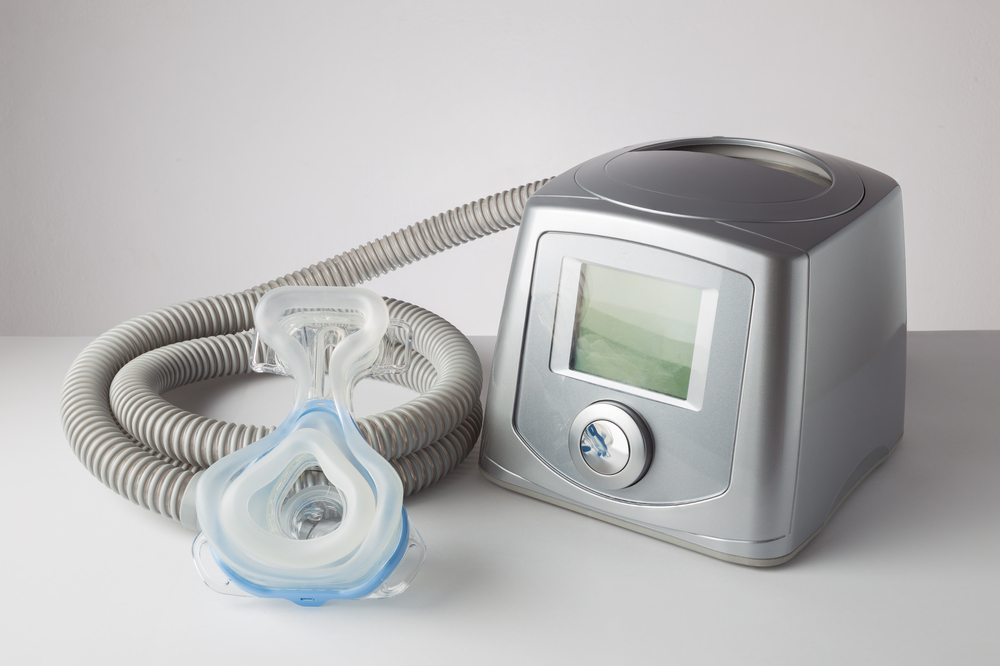Automated Insulin Pumps and Smart Devices Use on Rise Due to Pandemic
Even the movie industry has noticed the increasing use of smart medical devices. The movie trailer for the animated Pixar film “Turning Red” features a diabetic kid who appears to be wearing an Automated Insulin Pump.
The COVID-19 pandemic changed the lives of most people and has led to a restructuring of lifestyle and priorities. Businesses have had to rethink the way they work, some industries have seen dramatic downshifts in usage, while others have seen growing interest. One of the industries seeing a rise in popularity is the wearable tech industry or the “Internet of Medical Things”.
Internet of Medical Things
IoMT uses biosensors to connect a person to an information network, utilizing a smart device. The device can be an app on a phone, a wearable monitoring device or an invasive sensor. These devices collect information and provide the data to a network where it can be utilized, not just for fitness, but for actual medical practice.
Even information taken from fitness bands or smart watches can be used in medical practice such as tracking heart rate, providing exercise levels, and tracking calories. The bigger benefit however may be in devices like the closed loop insulin device that tests and monitors blood sugar levels and administers appropriate amounts of information.
The medical information can be monitored remotely by the patient’s physician who can help identify problems and make adjustments in a near real-time intervention. This combined with an increase in telehealth and remote care physician and therapy visits, may help to get more people, better service.
Pitfalls in Connected Smart Devices
There are pitfalls, however. Medical devices which are invasive or provide a greater than basic monitoring service must be authorized by the U.S. Food and Drug Administration. This requires that manufacturers adhere to rules and guidelines which a recent report reveals to be lacking with only 51% of medical device manufacturers being totally compliant. In addition, when invasive medical devices are poorly designed, subject to user failure or otherwise malfunction, consequences can be severe or deadly.
Medtronic, one insulin pump manufacturer has been forced to recall thousands of its devices due to over or under delivery of insulin. Pump malfunction resulted in numerous injuries including multiple deaths associated with pump failure. Other devices may see similar outcomes as increasing numbers of products also means increasing numbers of adverse events.
Another concern may be of patient privacy. With hundreds of reports of data breaches affecting even the largest and most secure companies around the world, manufacturers must work to ensure that patient information is not exposed, nor are the devices subject to hack-related failure.
Ultimately, the pandemic has only spurred the development and rapid uptake of IoMT devices and may save the medical sector $300 billion annually and the ease of use will likely continue to drive market expansion.
Notwithstanding claims relating to this product, the drug/medical device remains approved by the U.S. FDA.
News Tags
- urgent
Cited Research Article Sources
Have you been affected by a drug or device listed?

You May Be Eligible for Compensation.
If you or a loved one suffered injury or death after using a drug or medical device, contact us today for a free case evaluation.
We value your privacy. By submitting this form, you agree to our privacy policy and disclaimer.


